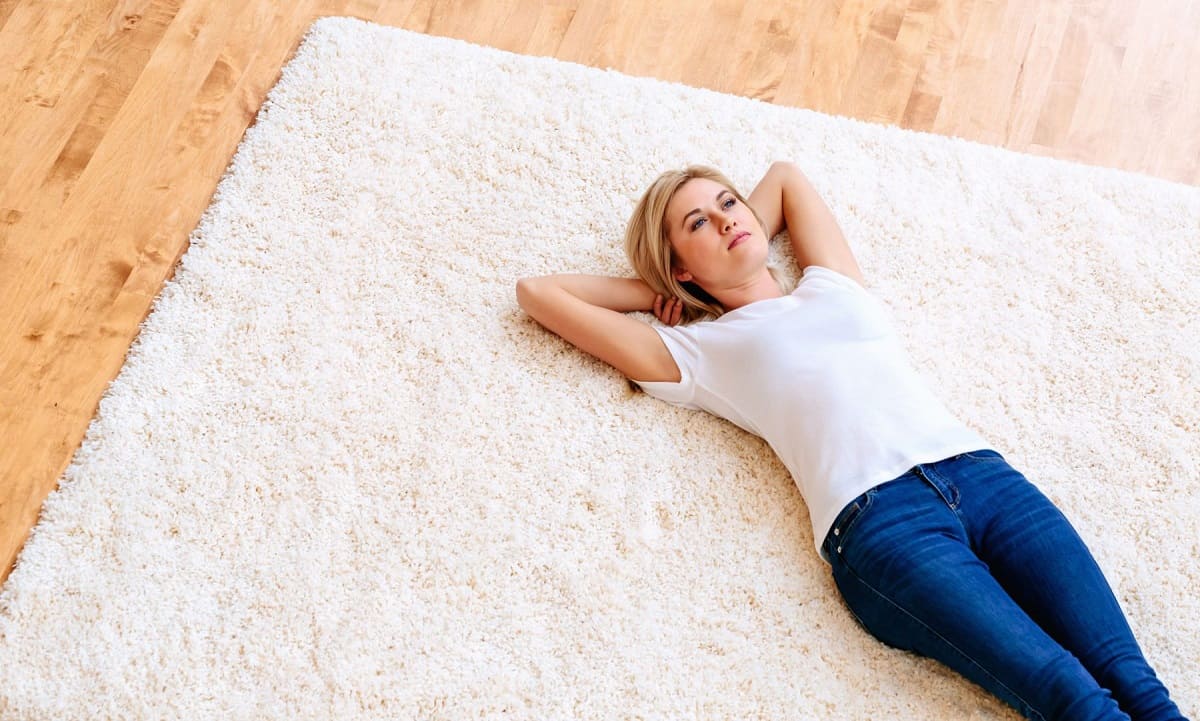

Articles
Why Does Lying On The Floor Feel Good
Modified: May 6, 2024
Explore the science behind why lying on the floor feels good in this informative article. Discover the benefits and surprising reasons behind this common sensation.
(Many of the links in this article redirect to a specific reviewed product. Your purchase of these products through affiliate links helps to generate commission for Storables.com, at no extra cost. Learn more)
Introduction
Lying on the floor may seem like an unusual way to find relaxation and relief, but many people swear by its effectiveness. Whether it’s after a long day at work, a strenuous workout, or simply a desire to unwind, there’s something uniquely comforting about stretching out on the floor. But why does lying on the floor feel so good?
To understand the phenomenon, we must delve into the science behind feeling good. Our bodies have a remarkable ability to adapt and respond to different stimuli, and lying on the floor triggers a unique set of physical and psychological responses that promote relaxation and well-being. By exploring the benefits, physical effects, psychological impacts, and reasons behind this seemingly strange practice, we can gain a deeper understanding of why lying on the floor feels good and uncover the secrets to maximum relaxation.
Key Takeaways:
- Lying on the floor triggers the release of endorphins, promotes proper spinal alignment, and engages the parasympathetic nervous system, leading to improved relaxation, posture, and overall well-being.
- Incorporating lying on the floor into our routine can improve posture, reduce muscle tension, enhance relaxation, and promote better sleep, offering a simple yet powerful way to support our physical and mental health.
Read more: Why Does My Floor Feel Sticky After I Mop
The Science Behind Feeling Good
Feeling good is not just a subjective experience; it has a scientific basis. When we lie on the floor, several key factors come into play that contribute to our overall sense of well-being.
One of the primary reasons lying on the floor feels good is the release of endorphins. Endorphins are chemicals produced by the body that act as natural painkillers and mood enhancers. When we lie on the floor, especially on a hard surface, our body weight is distributed evenly, which stimulates pressure points and triggers the release of endorphins. These endorphins create a sense of calmness and relaxation, relieving both physical and mental tension.
Additionally, lying on the floor promotes proper alignment of the spine. Our modern sedentary lifestyle often leads to poor posture and back pain due to prolonged sitting or slouching. By lying on the floor, our body is forced into a more neutral position, allowing the spine to decompress and realign. This can alleviate musculoskeletal discomfort and improve overall posture, leading to a better sense of physical well-being.
Another scientific explanation lies in the concept of grounding or earthing. Our bodies are electrically conductive, and being in direct contact with the earth’s surface has been found to have numerous health benefits. When we lie on the floor, especially if it’s a hard surface like wood or stone, our body comes into direct contact with the earth, allowing for the transfer of negatively charged electrons. These electrons neutralize harmful free radicals in the body, reducing inflammation, improving blood flow, and promoting cellular regeneration.
Furthermore, lying on the floor engages the parasympathetic nervous system, which is responsible for the body’s rest and digest response. This activation leads to a decrease in heart rate, blood pressure, and cortisol levels, while increasing blood flow to the digestive and reproductive organs. As a result, we experience a deep state of relaxation, improved digestion, and enhanced overall well-being.
Understanding the scientific mechanisms at work behind feeling good when lying on the floor can help us harness these benefits more effectively. By incorporating this knowledge into our self-care routines, we can optimize our relaxation experiences and reap the physical and psychological rewards.
Benefits of Lying on the Floor
While lying on the floor may seem unconventional, it offers a myriad of benefits that can positively impact both our physical and mental well-being. Here are some of the key advantages of incorporating this practice into our daily routine:
1. Improved Posture: Lying on the floor helps align the spine naturally, reducing the strain on our neck, shoulders, and lower back. This can lead to improved posture and a decrease in long-term discomfort caused by poor alignment.
2. Enhanced Relaxation: Lying on the floor triggers the activation of the parasympathetic nervous system, inducing a relaxation response. This can help reduce stress, calm the mind, and promote a deeper state of relaxation.
3. Reduced Muscle Tension: The pressure of the floor against our muscles can help relieve tension and tightness, particularly in the neck, shoulders, and hips. Lying on the floor allows these muscles to relax and decompress, promoting a sense of release and ease.
4. Improved Circulation: When lying on a hard surface, such as the floor, our blood vessels are gently compressed, encouraging proper blood flow and circulation. This increased circulation can support the delivery of oxygen and nutrients throughout the body, promoting overall health and well-being.
5. Enhanced Body Awareness: Lying on the floor allows us to tune in to our body’s sensations and become aware of any areas of tension or discomfort. This heightened body awareness can help us identify and address areas that require attention, leading to better self-care and improved overall physical health.
6. Strengthened Core: When lying on the floor, our core muscles, including the abdominals and back muscles, engage to maintain stability and support. Regular practice of lying on the floor can help strengthen these core muscles, contributing to better spine alignment and overall core strength.
7. Improved Sleep Quality: The deep relaxation and release of tension that occurs when lying on the floor can have a positive impact on sleep quality. By promoting a state of relaxation before bedtime, lying on the floor can help improve sleep patterns and promote a more restful night’s sleep.
Incorporating the practice of lying on the floor into our routine can yield significant benefits for both our physical and mental well-being. Whether it’s to improve posture, reduce muscle tension, enhance relaxation, or promote better sleep, taking the time to lie on the floor can be a simple yet powerful way to support our overall health and vitality.
Physical Effects on the Body
Lying on the floor can have profound physical effects on the body, impacting various systems and promoting overall well-being. Let’s explore some of the key physical effects that occur when we engage in this practice.
1. Spinal Alignment: When we lie on the floor, the force of gravity helps to decompress the spine, allowing it to return to its natural alignment. This can alleviate pressure on the spinal discs and promote a healthy posture over time.
2. Muscle Relaxation: Lying on the floor allows our muscles to release tension and relax. The even distribution of our body’s weight against the firm surface can help relieve muscle stiffness and tightness, particularly in the back, neck, and hip areas.
3. Improved Balance and Stability: Lying on the floor engages our core muscles as they work to maintain stability and support the body. Regular practice can help strengthen these muscles, leading to improved balance and stability in our day-to-day activities.
4. Enhanced Circulation: The gentle compression of our blood vessels against the floor stimulates blood flow and enhances circulation throughout the body. This increased circulation can support the delivery of oxygen and nutrients to our muscles and organs, promoting overall health and vitality.
5. Deepened Breathing: Lying on the floor encourages relaxed, diaphragmatic breathing. As we breathe deeply and fully, it can help expand the lungs, improve oxygen intake, and promote a sense of calm and relaxation.
6. Muscle Lengthening: Stretching out on the floor can help lengthen and elongate our muscles. This can aid in improving flexibility, preventing muscle imbalances, and reducing the risk of injury during physical activities.
7. Joint Decompression: The firmness of the floor provides a stable surface for our joints to rest and decompress. This can alleviate joint discomfort and promote better joint health over time.
8. Increased Body Awareness: Lying on the floor encourages us to pay attention to our body’s sensations and cues. This increased body awareness can help us identify areas of tension or imbalance, allowing us to address them and make necessary adjustments to support our physical well-being.
By regularly lying on the floor and benefiting from these physical effects, we can support our overall physical health, improve posture, and minimize the impact of sedentary lifestyles. Embracing this practice can be a simple yet impactful way to promote vitality and well-being in our daily lives.
Lying on the floor can feel good because it allows your body to fully relax and release tension. The firm surface can also provide a sense of grounding and stability, which can be comforting for some people.
Psychological Effects on the Mind
The act of lying on the floor not only has physical benefits but also has profound psychological effects on the mind. It can help us achieve a state of calmness, reduce stress, and promote overall mental well-being. Let’s explore some of the key psychological effects that occur when we engage in this practice.
1. Stress Reduction: Lying on the floor can help calm the mind and release built-up stress and tension. The physical relaxation that occurs sends signals to the brain to initiate a relaxation response and activate the parasympathetic nervous system, which counteracts the fight-or-flight response and reduces stress hormone levels.
2. Improved Mental Clarity: When we lie on the floor and allow ourselves to relax, it can clear mental clutter and promote mental clarity. The stillness and silence provide an opportunity to focus inward, reflect on thoughts, and gain a fresh perspective on any challenges or concerns we may be facing.
3. Enhanced Mood: Lying on the floor triggers the release of endorphins, which are known as the “feel-good” hormones. These endorphins flood the brain, leading to a boost in mood and a general sense of happiness and well-being. It can uplift our spirits and provide a sense of emotional balance.
4. Increased Mindfulness: Lying on the floor promotes mindfulness and present-moment awareness. By being fully present in the sensations of the body and the breath, we cultivate a deeper connection with ourselves and the present moment. This mindfulness practice can help reduce anxiety, increase self-awareness, and foster a greater sense of inner peace.
5. Improved Sleep: Lying on the floor before bedtime can signal to the brain that it’s time to wind down and prepare for sleep. It can help relax the mind, release mental tension, and promote a more restful and rejuvenating sleep. The deep relaxation achieved through lying on the floor can contribute to better sleep quality and an overall sense of refreshed well-being upon waking up.
6. Emotional Release: Lying on the floor provides a safe space for emotional release. As we surrender to the stillness and solitude, it can allow suppressed emotions to rise to the surface and be acknowledged. This emotional release can be cathartic and lead to a greater sense of emotional freedom and clarity.
7. Self-Care and Self-Love: Taking the time to lie on the floor and prioritize our well-being is an act of self-care and self-love. It sends a powerful message to ourselves that we deserve time to relax, recharge, and nurture our mental health. This practice can help foster a positive mindset and a deeper appreciation for self-care rituals.
By embracing the psychological effects of lying on the floor, we can create a sanctuary of calmness in our daily lives. It offers an opportunity to pause, reconnect with ourselves, and cultivate a healthier relationship with our mental well-being. Whether it’s to reduce stress, enhance mood, or promote mindfulness, lying on the floor can be a valuable tool in nurturing our mental health.
Read more: Why Does My Grass Feel Spongy
Reasons Why Lying on the Floor Feels Good
Lying on the floor may seem like an unconventional way to find relaxation and relief, but there are several reasons why it feels so good. Here are some of the key factors that contribute to the comfort and satisfaction we experience when we lie on the floor.
1. Grounding and Connection: Lying on the floor allows for a direct physical connection with the Earth. This grounding effect can help us feel rooted, connected, and in touch with our surroundings. It can bring a sense of stability and balance to our physical and energetic bodies, creating a profound sense of well-being.
2. Sensory Stimulation: When we lie on the floor, our body comes into contact with a solid, flat surface, which can provide a unique form of sensory stimulation. The firmness of the floor against our body can offer a comforting and grounding sensation, relieving tension and promoting relaxation.
3. Minimal Distractions: Lying on the floor in a quiet environment minimizes external distractions. Without the distractions of furniture, technology, or excess stimuli, we can fully immerse ourselves in the moment and focus on our own thoughts, emotions, and physical sensations.
4. Haptic Feedback: The haptic feedback we receive from lying on a hard surface stimulates pressure points in our body. This stimulation triggers a response in our nervous system, leading to the release of endorphins and a sense of physical and emotional relief.
5. Body Awareness: Lying on the floor allows us to tune in to the subtle sensations and messages from our body. We become more aware of areas of tension, discomfort, or imbalance, which enables us to address them and take better care of ourselves. This heightened body awareness can lead to a deeper understanding of our physical needs and promote self-care practices.
6. Change of Perspective: Lying on the floor offers a shift in our perspective. By changing our physical orientation and position, we can gain a fresh outlook on our thoughts, feelings, and challenges. It allows us to detach from our usual routines and patterns, creating space for new insights and perspectives to emerge.
7. Simplicity and Minimalism: The simplicity of lying on the floor aligns with the principles of minimalism and living with less. It reminds us of the beauty in simplicity and the importance of taking a step back from the complexities of modern life. This simplicity can contribute to a sense of inner peace and contentment.
Lying on the floor offers a unique combination of physical, psychological, and sensory benefits that contribute to the overall sense of well-being we experience. By embracing the grounding effect, minimizing distractions, and tuning in to our body’s sensations, we can tap into the profound comfort and relaxation lying on the floor brings about.
Recommended Techniques for Maximum Relaxation
To fully embrace the benefits of lying on the floor and enhance your relaxation experience, consider incorporating the following techniques into your practice:
1. Find a comfortable space: Choose a quiet and clean area where you can lie down without interruptions. Make sure the floor is clean, and you may want to add a yoga mat or a comfortable blanket for extra cushioning.
2. Set the ambiance: Create a relaxing atmosphere by dimming the lights, playing soft music, or lighting a scented candle. Use aromatherapy with essential oils like lavender, chamomile, or frankincense to enhance relaxation.
3. Practice deep breathing: Start your lying-down session with a few deep breaths to help relax the body and mind. Inhale deeply through your nose, hold for a moment, and exhale slowly through your mouth. Focus on fully expanding and contracting your diaphragm with each breath.
4. Progressive muscle relaxation: To release tension from your body, practice progressive muscle relaxation. Starting from your toes, tense and relax each muscle group in your body, working your way up to your head. This technique can help alleviate muscle tension and promote a deep sense of relaxation.
5. Engage in mindfulness or meditation: Use lying on the floor as an opportunity to practice mindfulness or meditation. Bring your attention to the present moment, observe your thoughts without judgment, and cultivate a sense of inner stillness and peace.
6. Visualize a peaceful scene: Close your eyes and imagine yourself in a serene and peaceful setting, such as a beach or a beautiful garden. Envision the sights, sounds, and smells of this tranquil place, allowing your mind to wander and immerse yourself in the soothing imagery.
7. Stay in the present moment: As you lie on the floor, bring your awareness to the physical sensations in your body. Notice the feeling of the floor against your back, the weight of your body sinking into the ground, and the rhythm of your breath. Stay present and fully embrace the experience.
8. Practice gratitude: While lying on the floor, take a few moments to cultivate gratitude. Reflect on the things you are grateful for in your life, acknowledging the blessings and positive aspects. This practice can foster a sense of contentment and promote a positive mindset.
9. Slowly transition back up: When you’re ready to end your lying-down session, do so slowly. Take your time to gradually sit up, allowing your body to adjust to the change in position. Stretch gently and savor the feelings of relaxation that you experienced.
By incorporating these techniques into your lying-on-the-floor practice, you can maximize relaxation and create a nurturing space for yourself. Experiment with different methods and find what works best for you, allowing you to fully benefit from the practice and cultivate a sense of deep relaxation and well-being.
Conclusion
Lying on the floor may seem like a simple act, but it holds remarkable benefits for our physical and mental well-being. By exploring the science behind feeling good, understanding the physical and psychological effects on our body and mind, and embracing the reasons why lying on the floor feels good, we can truly appreciate the power of this practice.
The act of lying on the floor offers a unique opportunity to reconnect with ourselves, find solace, and release the stresses of daily life. It allows us to align our body, ease muscle tension, and promote relaxation. On a deeper level, lying on the floor grounds us, establishes a sense of connection with the Earth, and encourages mindfulness and self-awareness.
Through lying on the floor, we tap into the natural healing processes of our body and mind. We release endorphins, promote proper spinal alignment, stimulate circulation, and cultivate a state of calmness and clarity. This practice empowers us to prioritize self-care, nurture our physical and mental health, and create a space for rejuvenation and relaxation.
To enhance the experience, we can incorporate recommended techniques such as deep breathing, progressive muscle relaxation, mindfulness, and visualization. These techniques allow us to fully immerse ourselves in the practice, deepen our relaxation, and amplify the benefits of lying on the floor.
In a world filled with constant motion and stimulation, lying on the floor provides a much-needed respite. It encourages us to pause, let go of the outside noise, and connect with our inner selves. It is a gentle reminder that simplicity and stillness can be powerful tools for self-care, stress reduction, and overall well-being.
So, the next time you feel the need for relaxation and rejuvenation, consider lying on the floor. Embrace the comfort, find peace in the stillness, and allow yourself to be fully present in the moment. Experience the physical and psychological benefits that come with this simple act and create a sanctuary of tranquility within your own home.
Remember, lying on the floor doesn’t require any special equipment or a significant time commitment. All you need is a quiet space and a willingness to surrender to the soothing effects of the practice. Embrace the power of lying on the floor and discover the transformative impact it can have on your overall well-being.
If you found lying on the floor soothing, you'll likely enjoy learning about other relaxation methods. Delve into how infrared sauna blankets aid in stress relief, providing a cozy, warm escape that calms the mind and body. Or, uncover the serene ambiance salt lamps create in any space, enhancing mood and overall well-being. Both these items offer unique ways to enhance your relaxation routine at home.
Frequently Asked Questions about Why Does Lying On The Floor Feel Good
Was this page helpful?
At Storables.com, we guarantee accurate and reliable information. Our content, validated by Expert Board Contributors, is crafted following stringent Editorial Policies. We're committed to providing you with well-researched, expert-backed insights for all your informational needs.



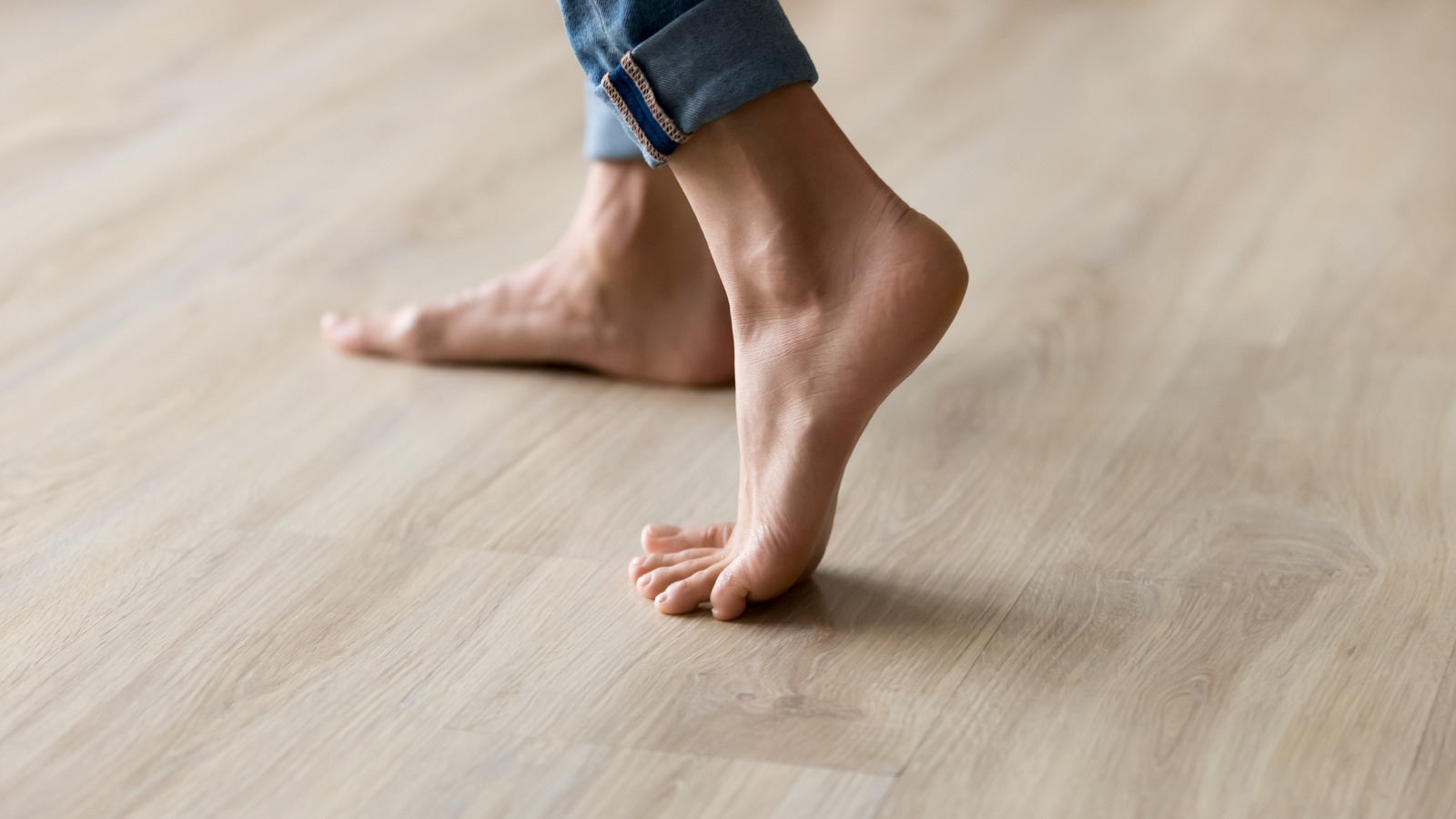


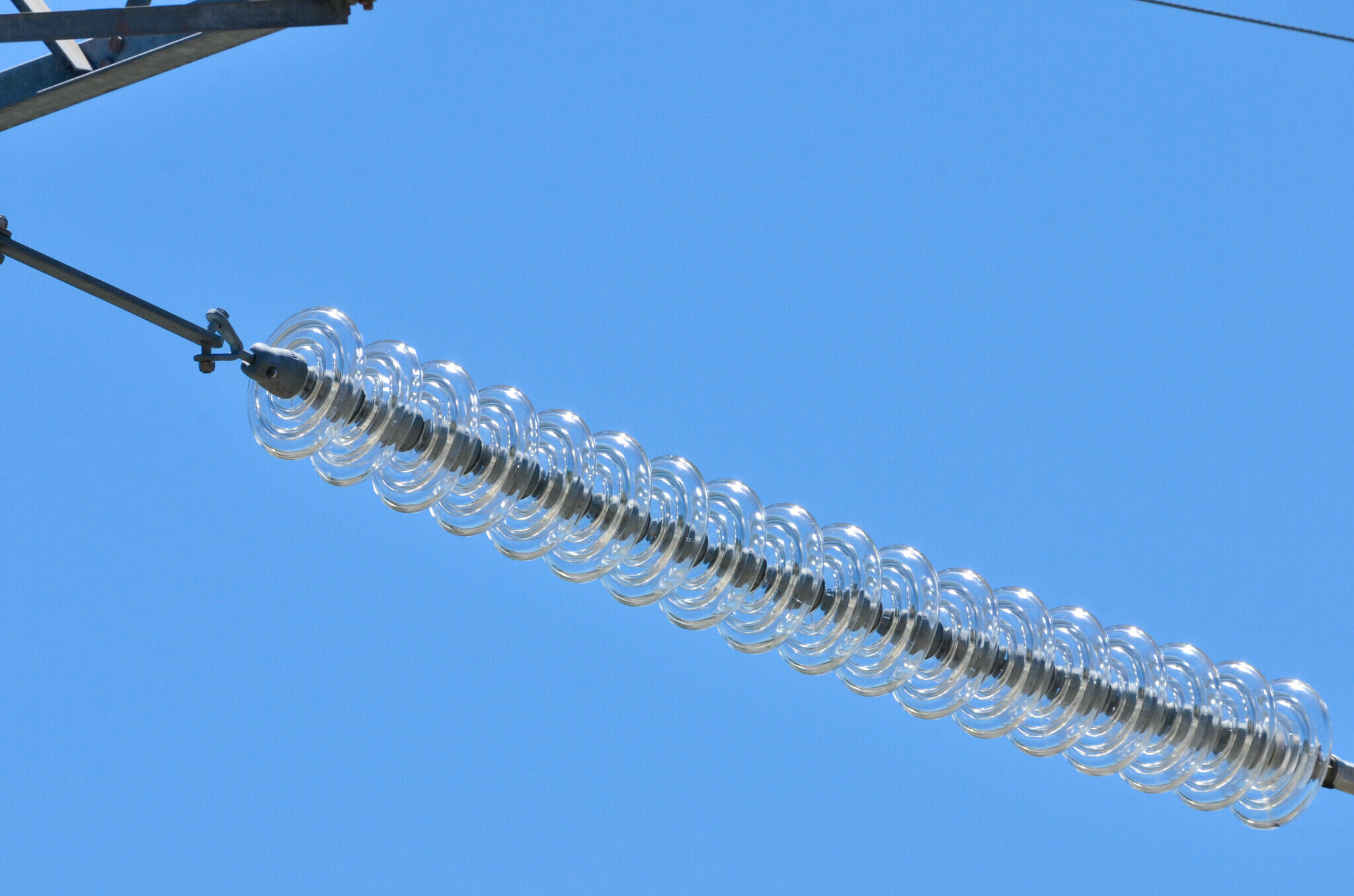


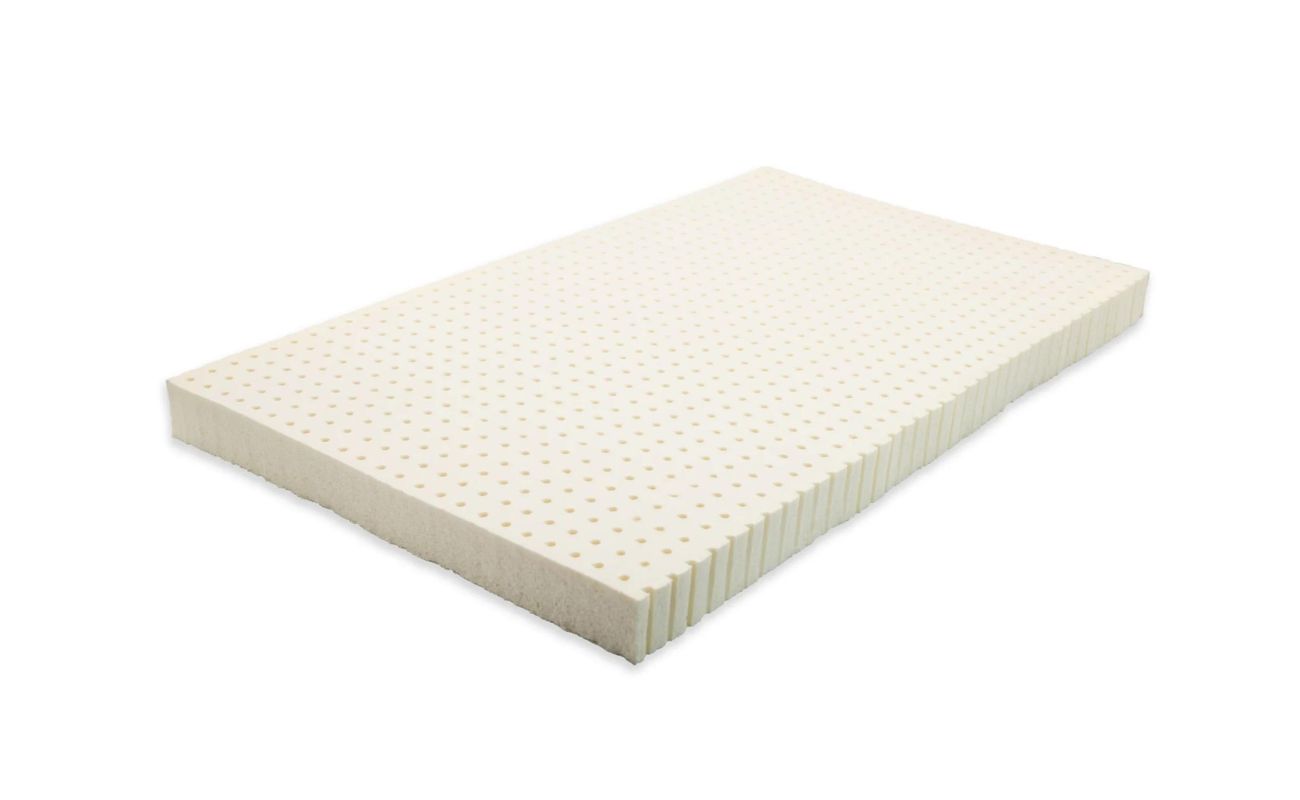



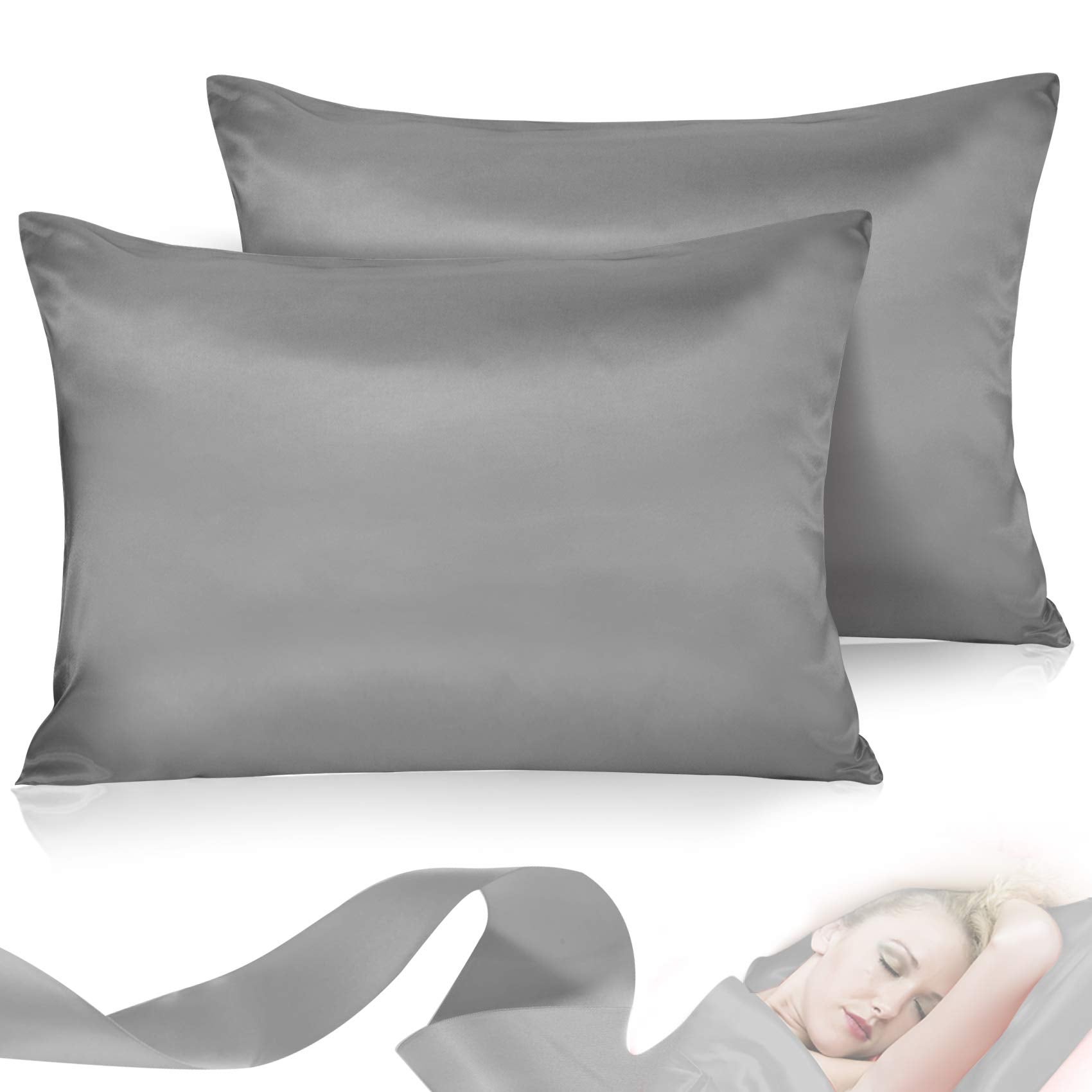

0 thoughts on “Why Does Lying On The Floor Feel Good”